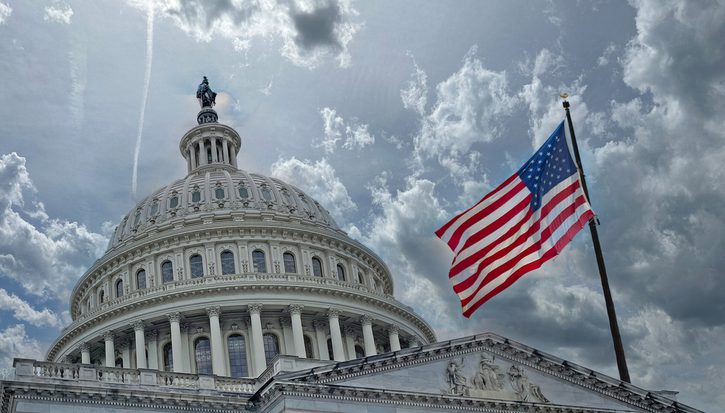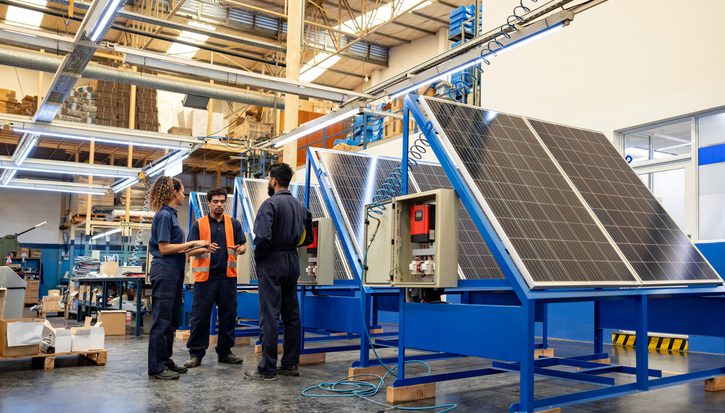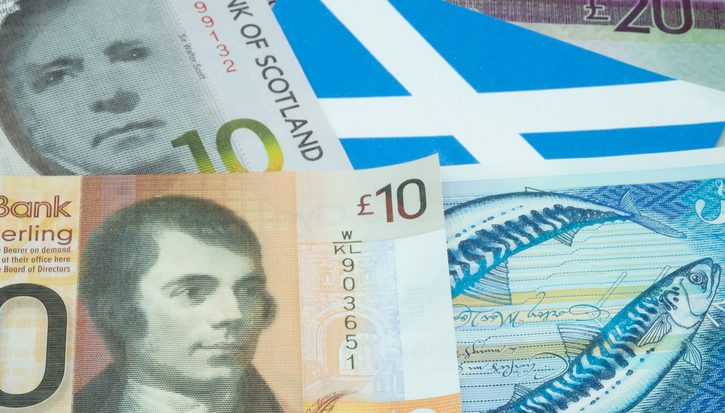Europe's next economy: The benefits of and barriers to the low-carbon transition
Article
Businesses in each country were characterised by their own domestic concerns. In France, much of the debate centred on the presidential election, the economic crisis, protectionism and energy supply. In Germany, the debate focused on the uncertainty brought on by the German government's decision to cease nuclear production, which has caused concern around rising energy prices. In Spain, discussions focused on the eurozone crisis and Spain's austerity measures, which appeared to hamper climate change policy. In Poland, much of the debate focused on Poland's reliance on coal as a source of energy making reducing emissions in Poland economically and politically difficult.
However, our findings show that even with these national differences in mind, the debates about climate change and the level of the EU's ambition are similar throughout the continent. Indeed, in every country there is a dichotomy of businesses set to benefit from the low-carbon transition and those that believe they will lose out.
The paper makes the following recommendations:
- Expand the EU ETS to include imported energy-intensive goods: serious consideration should be given to extending the ETS into imported goods from energy-intensive sectors if binding emissions commitments for 2020 are not agreed by 2015.
- Raise the price of carbon: the EU should act to raise the price of carbon, which is worryingly low.
- Focus the EU's multiannual financial framework on innovation: in addition to the demand-side measures described above, the EU should develop a set of supply-side policies.
- Protect ETS revenues for low-carbon projects: the ETS is partly undermined by concerns that it has become a fiscal policy to raise revenue rather than a climate policy to reduce emissions. More revenue from the EU ETS should be directed towards low-carbon projects like the EU's NER 300 programme.
- Provide industry with greater regulatory certainty: industry participants from France, Germany and the UK called for more stability in the EU's regulatory setting process.
- Maximise the EU's role as a standard setter: for example, the EU has been successful in setting new vehicle emissions standards for passenger and light commercial vehicles.
Related items

Prophet, spoiler, or free rider?: The United States and climate change
Global climate action sits firmly in the crosshairs of the Trump administration.
Resilient by design: Building secure clean energy supply chains
The UK must become more resilient to succeed in a more turbulent world.
Policy credibility and the Scottish Budget